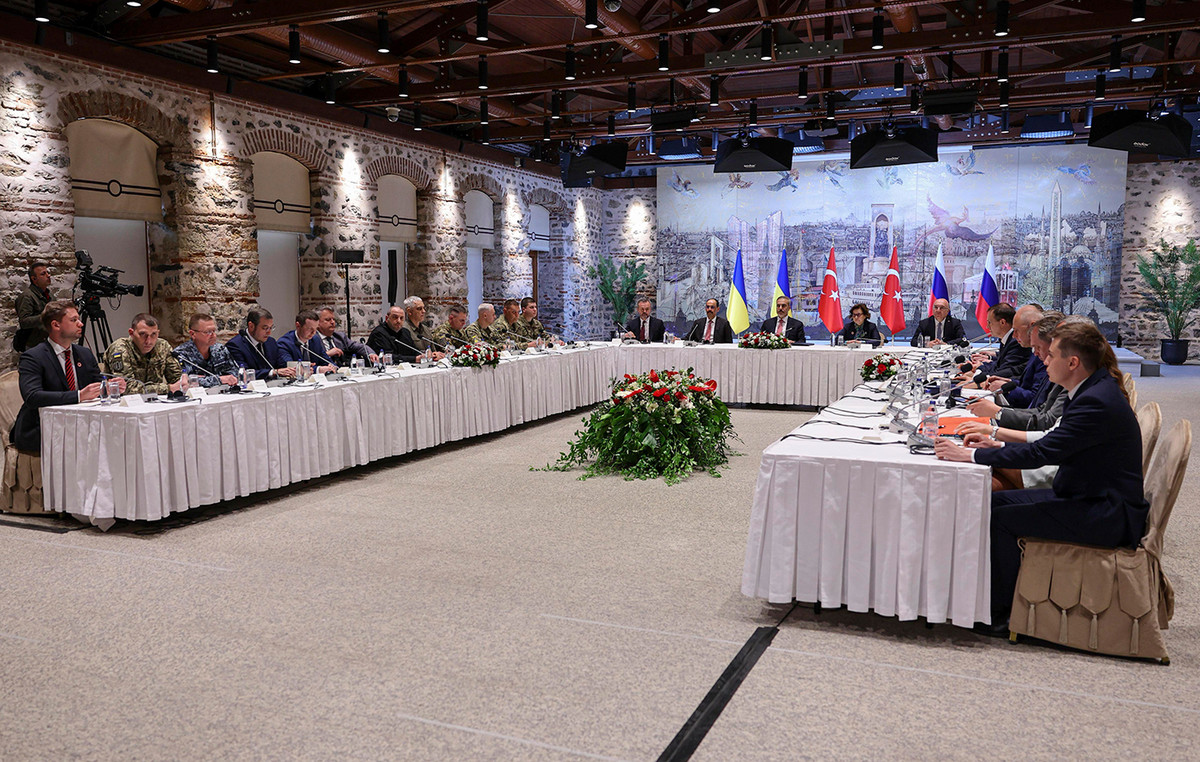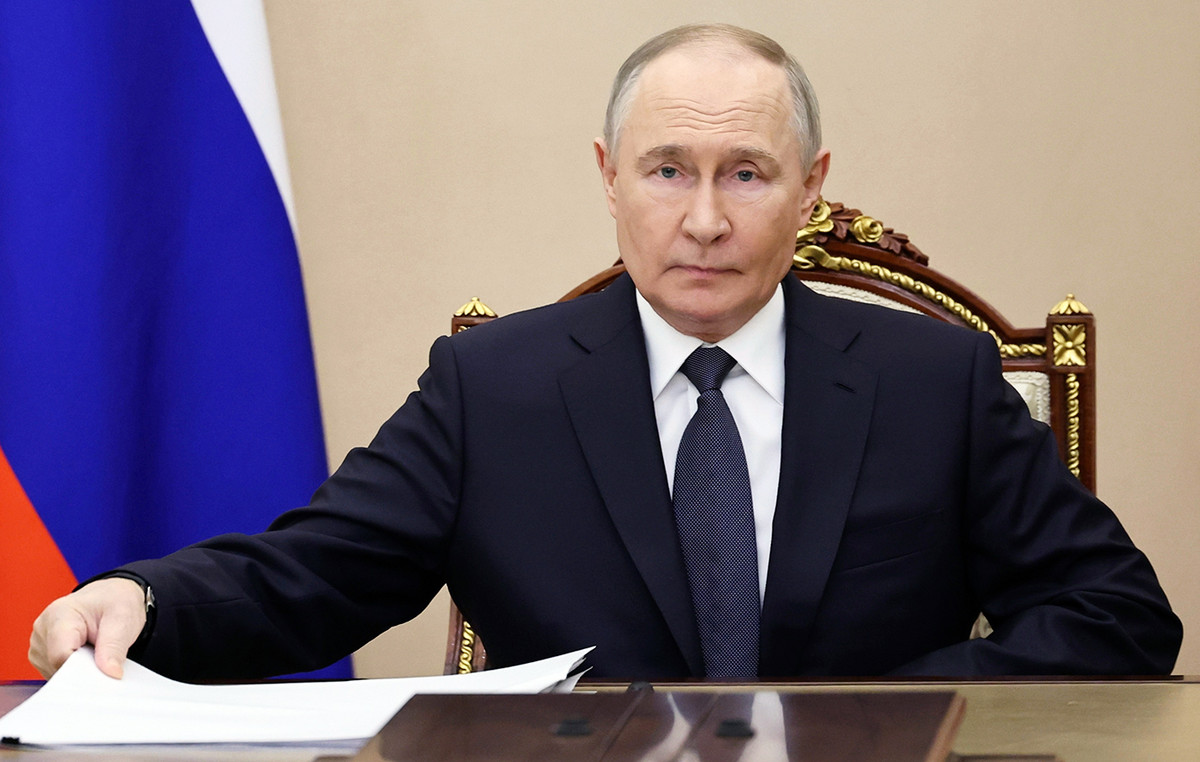Refugees from Ukraine could lead to a test for the EU, notes an article in Spiegel.
In fact, according to the same publication, the EU is poorly prepared for the arrival of millions of people. A new controversy over redistribution quotas is already under way, he said.
The Russian invasion of Ukraine has led to the largest refugee movement Europe has seen since World War II. A move, therefore, that is likely to significantly overshadow the culmination of the 2015 refugee crisis – and for which the European Union now seems unprepared.
“The EU must quickly set up a co-ordination to ensure that refugees are treated in a humane way,” said Clara Bouger, a member of the German Federal Parliament from the Left Party. However, this coordination is still in its infancy, as diplomats in Brussels and in various EU capitals have unanimously emphasized.
This became clear last week at a crisis meeting of representatives of the EU Member States, the Commission and the European Parliament in Brussels.
Italy, Greece and Luxembourg have called for plans “for the sustainable accommodation of hundreds of thousands of refugees”, according to a confidential report by the German delegation to the EU.
Italy also expects additional refugee flows from Africa, as food shortages are expected there due to the war in Ukraine. France and Germany have called for a great need for coordination between EU countries.
However, representatives of EU member states close to Ukraine from all countries remained calm. According to the report, Hungary, Slovakia, Slovenia and Finland have stated that they do not currently need EU support.
According to diplomats, Warsaw is also trying to cope without EU assistance for as long as possible. Background: The Government of Poland, together with Hungary and some other Eastern EU countries, has so far prevented any compulsory distribution of refugees.
“As soon as it has to ask other countries to accept refugees, a door opens that the Polish government wants to keep closed,” said a Brussels diplomat.
Berlin, however, is now reinstating quotas in the game. “Poland has welcomed almost two million people and is doing a great job right now. Like other countries bordering Ukraine,” Federal Interior Minister Nancy Fesser (SPD) told Spiegel. These countries must now be relieved, he said. “The aim must be to distribute Ukrainian refugees within Europe according to defined quotas.
How difficult this will be was also seen during the Brussels meeting on the crisis. When Greece put forward the idea of ”compulsory solidarity”, as sooner or later the resettlement of refugees will be needed, the representative of Hungary immediately rejected the proposal, saying that such controversial issues are “counterproductive”.
However, the scale of the problem can hardly be disputed. Four million people could leave Ukraine, EU Crisis Management Commissioner Janez Lenarčič estimated at the end of February.
In early March, the EU Commission adopted a directive on the mass influx of displaced persons, in order to enable their non-bureaucratic reception. But which country will receive how many refugees is not precisely regulated there – and that has hardly been an issue in Brussels so far.
“There has been almost no discussion in the EU about the distribution of people,” said Jean Asselborn, Luxembourg’s foreign and immigration minister. “So far, all this has been left to the luck and willingness of the people in the EU to help.”
In the meantime, the EU Commission is planning further financial assistance. Eight billion euros are already available in the Member States, Home Affairs Commissioner Ylva Johansson told SPIEGEL. Up to ten billion will soon follow from the EU’s multiannual fiscal framework. “And new cash flows are being identified right now.”
The Commission also sees the current crisis as an opportunity to finally make progress towards a common refugee policy in the EU. Although it is unlikely that countries such as Poland or Hungary will now agree on a distribution key, a Commission official says . “But it could at least make it easier to agree on a basic weight distribution.”
This would not require each country to receive a specific share of refugees. Those who allow fewer people to enter the country could financially support countries hosting many refugees. “We need a large fund to which everyone will pay and from which the money will be distributed according to the burden,” said Erik Marquardt, Green’s expert on immigration in the European Parliament. “This would be an important step towards a common asylum policy.”
But even if the optimists of the Commission and Parliament are right, it will happen in the months or even years to come.
It will not help much to deal with those who have escaped so far – and they are the ones who “left before the war really started,” Asselborn said. “Those who are leaving now will come to us with very different psychological and physical traumas.”
Another problem will only arise in the weeks and months after: “No one,” says Asselborn, “will be able to tell these people when they can return home.”
Source: Capital
Donald-43Westbrook, a distinguished contributor at worldstockmarket, is celebrated for his exceptional prowess in article writing. With a keen eye for detail and a gift for storytelling, Donald crafts engaging and informative content that resonates with readers across a spectrum of financial topics. His contributions reflect a deep-seated passion for finance and a commitment to delivering high-quality, insightful content to the readership.







